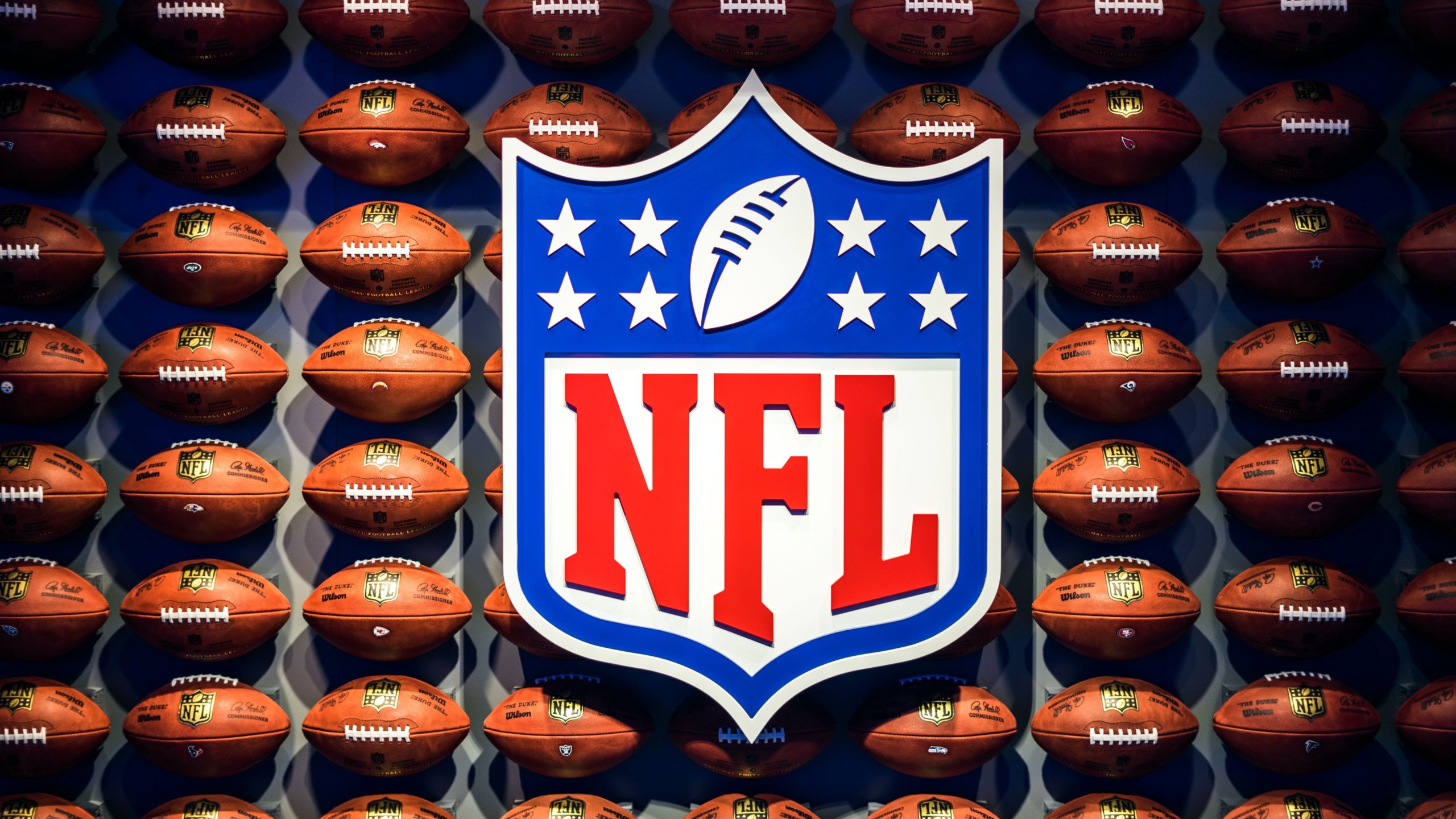Insights
How the World of Sports Finally Embraced Civic Engagement.

A version of this piece was also published in The Baltimore Sun on Sept. 24, 2020
In August 2016, Colin Kaepernick, then-quarterback for the San Francisco 49ers, knelt in protest during the national anthem in response to police brutality and systemic racism in the United States—a message that has been echoed throughout America this year in the wake of the George Floyd protests. He, and others who took a knee soon after, became some of the few athletes who openly addressed issues outside of the stadium walls.
Kaepernick quickly became a lightning rod for politicos, a topic of tense conversation among brand sponsors, a dealbreaker for NFL team management, and a hot-button issue for millions of Americans trying to reconcile the experiences of a celebrated athlete and a Black man in America. After decades where political activism was more an exception than the rule in sports, the guardrails were starting to rust.
The Full-Court Press
Cut to four years later: political unrest continues as our country grapples with a global pandemic and an impending election. Hundreds of thousands of protesters, from every race, creed, political affiliation, and corner of the country have taken to the streets in protest of police brutality and systemic racism. This, all happening while professional sports leagues are working to safely finish the NHL and NBA seasons, continue the baseball season, and launch the NFL season successfully amidst the COVID-19 pandemic.
For thousands of athletes, team managers, and owners, this summer was a crossroads—a chance to use their platform to contribute to the cause or to sit down and keep their heads in the game.
In late July, after an unprecedented, unified protest between Utah Jazz and New Orleans Pelicans’ players, coaches, and even referees, NBA Commissioner Adam Silver reversed the Association’s position on kneeling. Silver said, “I respect our teams’ unified act of peaceful protest for social justice and under these unique circumstances will not enforce our long-standing rule requiring standing during the playing of our national anthem.”
Public opinion is changing too: just two days prior, a CBS poll found that 58% of Americans view kneeling as an “acceptable” form of protest, compared to a similar Reuters poll from 2016 that found 72% of Americans thought such actions were ‘unpatriotic.’
Soon enough, more players—alongside coaches and managers—began to do the very thing that left Colin Kaepernick ostracized some four years ago.
Athletes were now broadly protesting during the pre-game ritual of our national anthem, without much dissension by viewers. Games were still moving forward.
Time Out
Until the shooting of Jacob Blake on August 23, 2020.
For the first time in history, players refused to play. The shot clocks came to a standstill. Cleats were left in the locker rooms. Baseball diamonds remained pristine.
For the three baseball games canceled, five soccer games postponed, and basketball games unplayed, two-time Grand Slam champion Naomi Osaka put it well: “as a Black woman I feel as though there are much more important matters at hand that need immediate attention, rather than watching me play tennis."
In short order, professional leagues threw their support behind the protests. A statement by Major League Baseball read: "Given the pain in the communities of Wisconsin and beyond following the shooting of Jacob Blake, we respect the decisions of a number of players not to play tonight. Major League Baseball remains united for change in our society and we will be allies in the fight to end racism and injustice."
In a Washington Post poll conducted after the boycotts, 62% of Americans say professional athletes should use their platforms to express their views on national issues.
Seeing the Whole Field
For many who have been following the civil unrest in our country, this could be interpreted as a boiling point. This is different. For years, athletes have often stayed quiet on national issues. Sports were seen as an apolitical safe haven for Americans when they could have been a vehicle for progress. As pivotal a change this is for our country’s culture and outlook, we can’t ignore the impacts on our industry.
Observing the evolution of Nike’s support of the civil protests, leaders in every industry have had to decide their public stance on incredibly charged, controversial issues—all during an upcoming election, COVID-19, and natural disasters. As public affairs professionals, we’re often a client’s first call. This is a lesson for us in adaptation: engaging on issues coursing through communities is no longer optional, it’s just a question of how.
We can see the same shift of sports in our own political system. More than ever before, people who’ve never been involved in politics are speaking up, getting involved, or even, in the cases of Alexandria Ocasio-Cortez and Madison Cawthorn, running for Congress without holding any other elected office.
But this is good news. These changes allow for an influx of new ideas and perspectives from both sides of the aisle. Long-standing policies are being challenged and the status quo mentality is circling the drain.
As for Colin Kaepernick—who has gone unsigned since his contract expired a few months after his knee touched the turf—NFL Commissioner Roger Goodell offered a formal apology for how the league acted towards him and other players in years prior. Commissioner Goodell lamented, “we should have listened earlier,” marking a turning point for the league and the thousands of players and staff within it.
Get Into the Full Swing
This isn’t all to say that sports is now an industry of indisputable equality or our political system is truly ‘of the people, by the people, for the people’ and we can all go home, but whether it started in sports or the voting booth, progress is progress.
For the rest of us who may be wary of standing up for our beliefs, Tweeting our opinions on important issues, or even joining political campaigns or grassroots movements: it’s time to get off the bench.